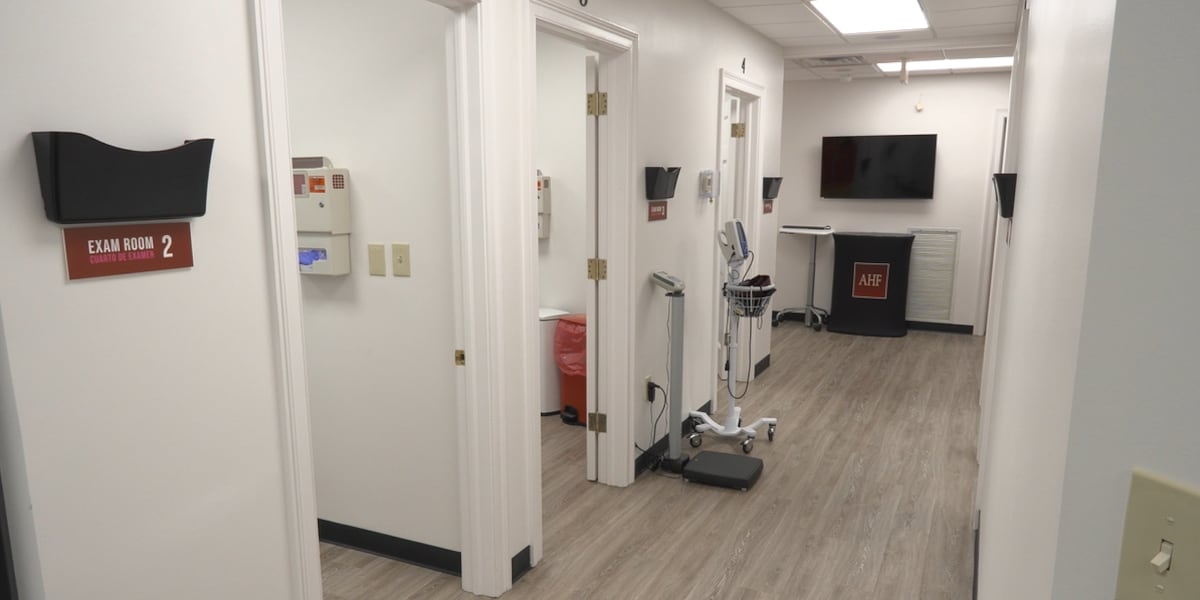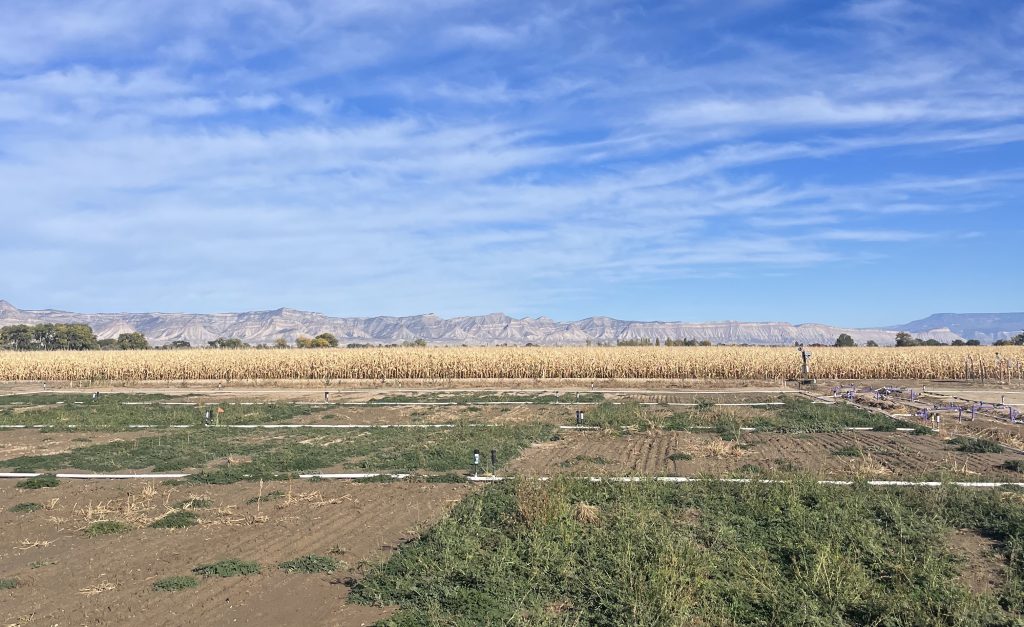Beyond the Flames: New Research Reveals Hidden Health Crisis from Maui & LA Wildfires

New York, NY – While the immediate devastation of wildfires is measured in acres lost, homes destroyed, and lives tragically taken, a growing body of evidence suggests the true cost extends far beyond the visible damage. Three newly released studies paint a stark picture of the long-term health consequences stemming from the Maui and Los Angeles wildfires, revealing a hidden crisis impacting communities long after the flames have been extinguished.
Traditionally, wildfire impact assessments focus on direct casualties and property loss. However, these studies highlight the significant, yet often unrecognised, impact on public health. Researchers are increasingly concerned about the ripple effects of smoke inhalation, displacement, and the psychological trauma experienced by survivors.
The Maui Wildfires: A Deep Dive into Respiratory and Mental Health Impacts
The devastating wildfires that swept through Maui in August 2023 left an indelible mark on the island's residents. One study specifically examined the respiratory health of those exposed to the smoke. Findings indicated a sharp increase in emergency room visits for respiratory illnesses, including asthma exacerbations, bronchitis, and pneumonia. The prolonged exposure to particulate matter and toxic chemicals within the smoke posed a significant threat, particularly to vulnerable populations like children and the elderly.
Furthermore, the psychological toll cannot be understated. The loss of homes, livelihoods, and loved ones has triggered widespread anxiety, depression, and post-traumatic stress disorder (PTSD). Researchers emphasize the need for accessible and culturally sensitive mental health support to aid in the long recovery process. The study also noted the disruption to social support networks, further compounding the mental health challenges.
Los Angeles Wildfires: Long-Term Cardiovascular Risks
The Los Angeles wildfires, a recurring threat in Southern California, have also come under increased scrutiny regarding their impact on cardiovascular health. Another study focused on the long-term effects of wildfire smoke exposure on heart health. The research revealed a correlation between exposure to fine particulate matter (PM2.5) during wildfires and an increased risk of heart attacks, strokes, and other cardiovascular events years later. This underscores the importance of public health advisories and protective measures during wildfire season.
A Call for Comprehensive Assessment and Prevention
The third study synthesizes the findings from both the Maui and Los Angeles wildfires, advocating for a more comprehensive approach to wildfire risk assessment and mitigation. It calls for integrating health impact assessments into wildfire preparedness plans and for developing strategies to protect vulnerable populations from smoke exposure. This includes improved air quality monitoring, public education campaigns, and the provision of high-quality respiratory protection.
“These studies serve as a wake-up call,” stated Dr. Emily Carter, lead researcher on one of the studies. “We need to move beyond simply counting acres burned and recognize the profound and lasting impact wildfires have on human health. Investing in prevention, preparedness, and post-disaster support is crucial to safeguarding the well-being of communities facing this growing threat.”
The research findings highlight the urgent need for increased funding and resources to address the hidden health crisis associated with wildfires. As climate change continues to exacerbate wildfire risk, proactive measures are essential to protect public health and build resilient communities.






